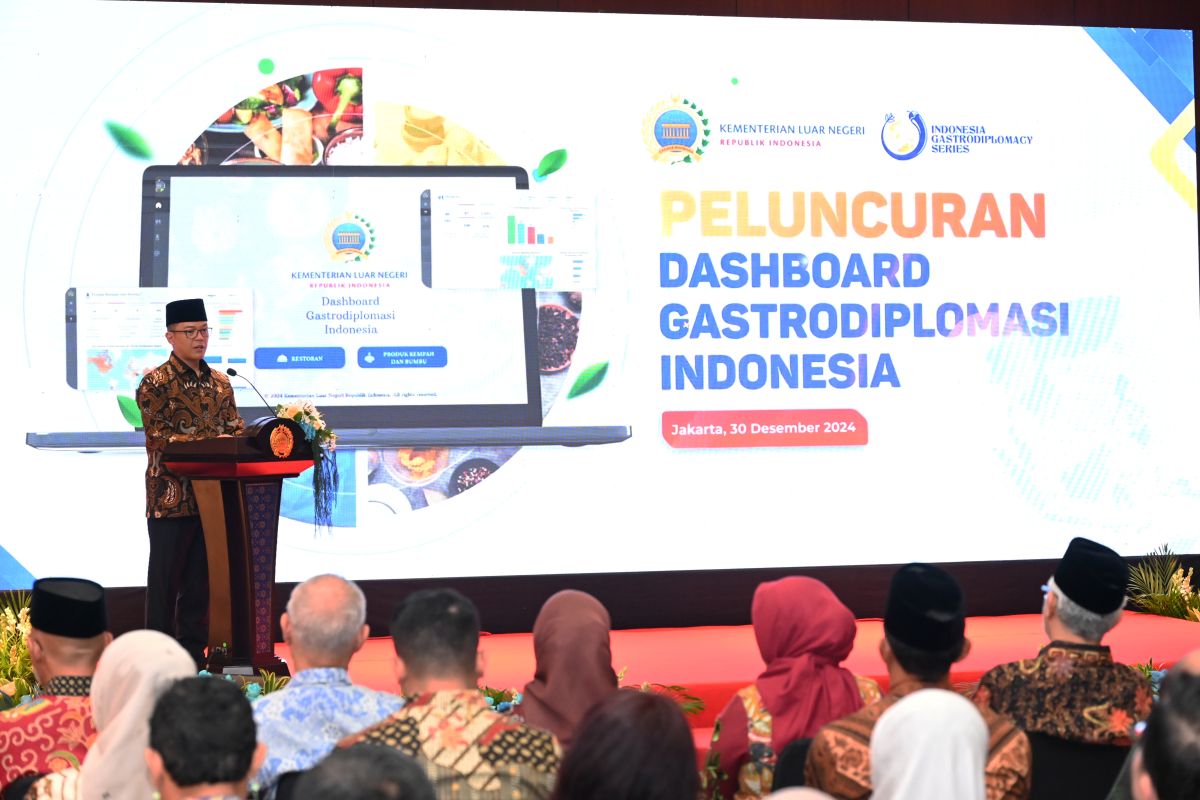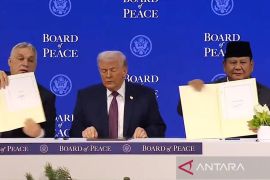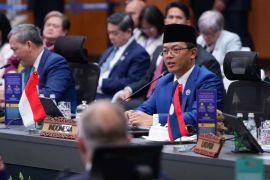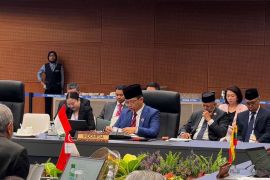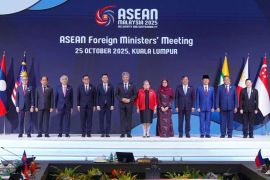“Culinary is one of the soft power diplomacy strategies that has proven effective as a cultural bridge and holds great potential to improve the economy, trade, and international relations,” he said in a press release issued on Monday.
At least 30 spice products and 9 Indonesian seasoning products were exported to various countries this year.
Sugiono emphasized that promoting Indonesian gastronomy will require collaboration among all related stakeholders.
“It needs coordination, collaboration, and synergy from all stakeholders to make Indonesian cuisine a national brand,” he said.
In line with this mission, Yuke Sri Rahayu, Deputy for Cultural Creativity and Design at the Ministry of Creative Economy, expressed her support for the launch of the dashboard.
“The Ministry of Creative Economy will continue to support the strengthening of the implementation of Indonesian gastrodiplomacy. We believe that, with this dashboard, Indonesian gastronomy can quickly gain global recognition,” she said.
Initiated by the Ministry of Foreign Affairs, the dashboard is meant to provide a reference for culinary actors in the country and Indonesian embassies in developing effective gastrodiplomacy strategies.
It aims to support economic diplomacy, advance cuisine as a soft power asset for Indonesian diplomacy, and bolster the “Indonesia Spice Up The World” program, which has been running since 2021.
The dashboard provides data visualization on Indonesian restaurants and spice and seasoning products abroad, based on a survey conducted by the Ministry of Foreign Affairs from March to May 2024 in collaboration with Indonesian embassies.
The survey identified 1,221 Indonesian restaurants abroad.
Related news: Three trends to drive Indonesia's creative economy sector in 2025
Related news: RI, France conduct culinary training to improve vocational education
Translator: Asri Mayang Sari, Yashinta Difa
Editor: Anton Santoso
Copyright © ANTARA 2024
